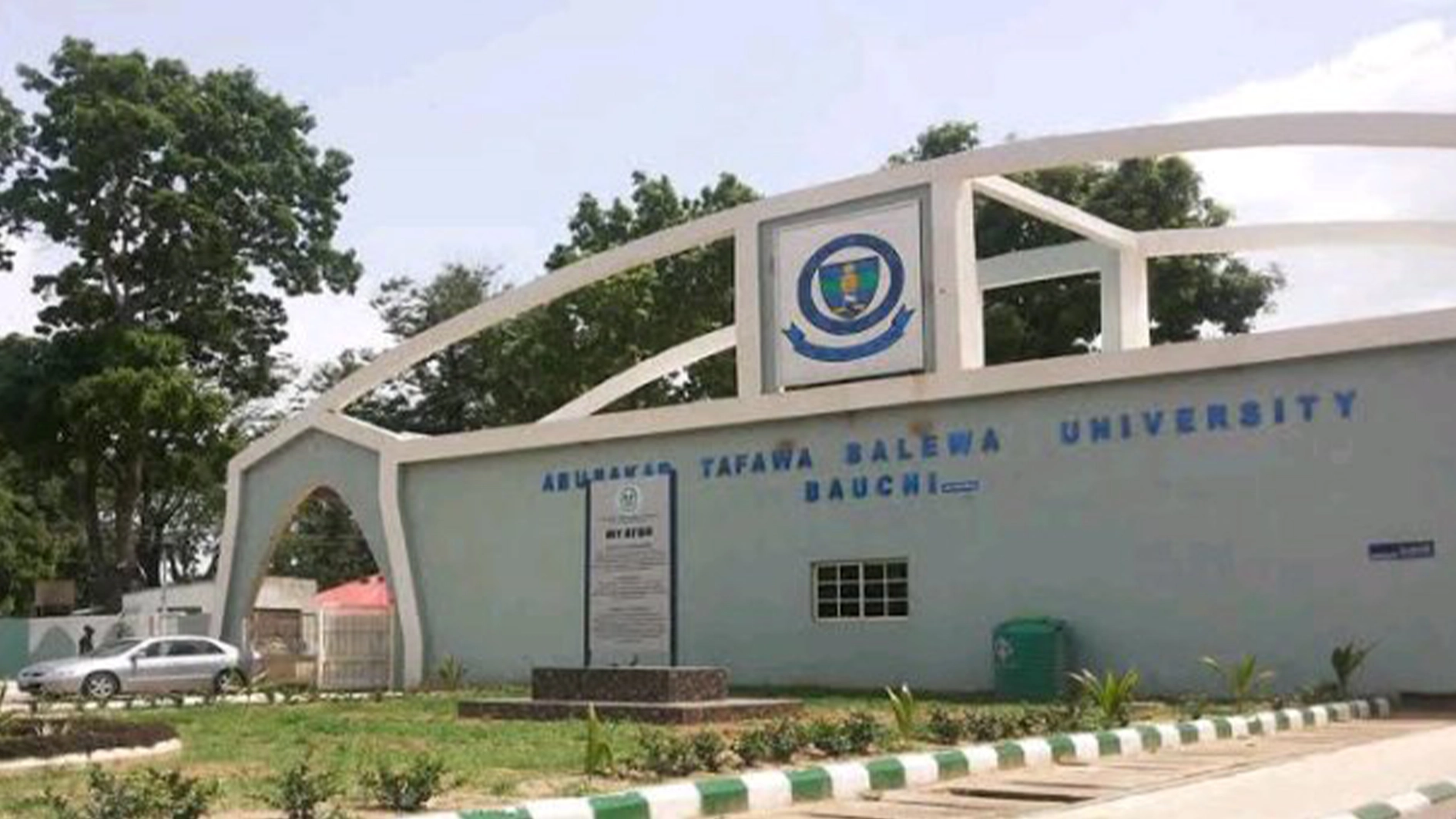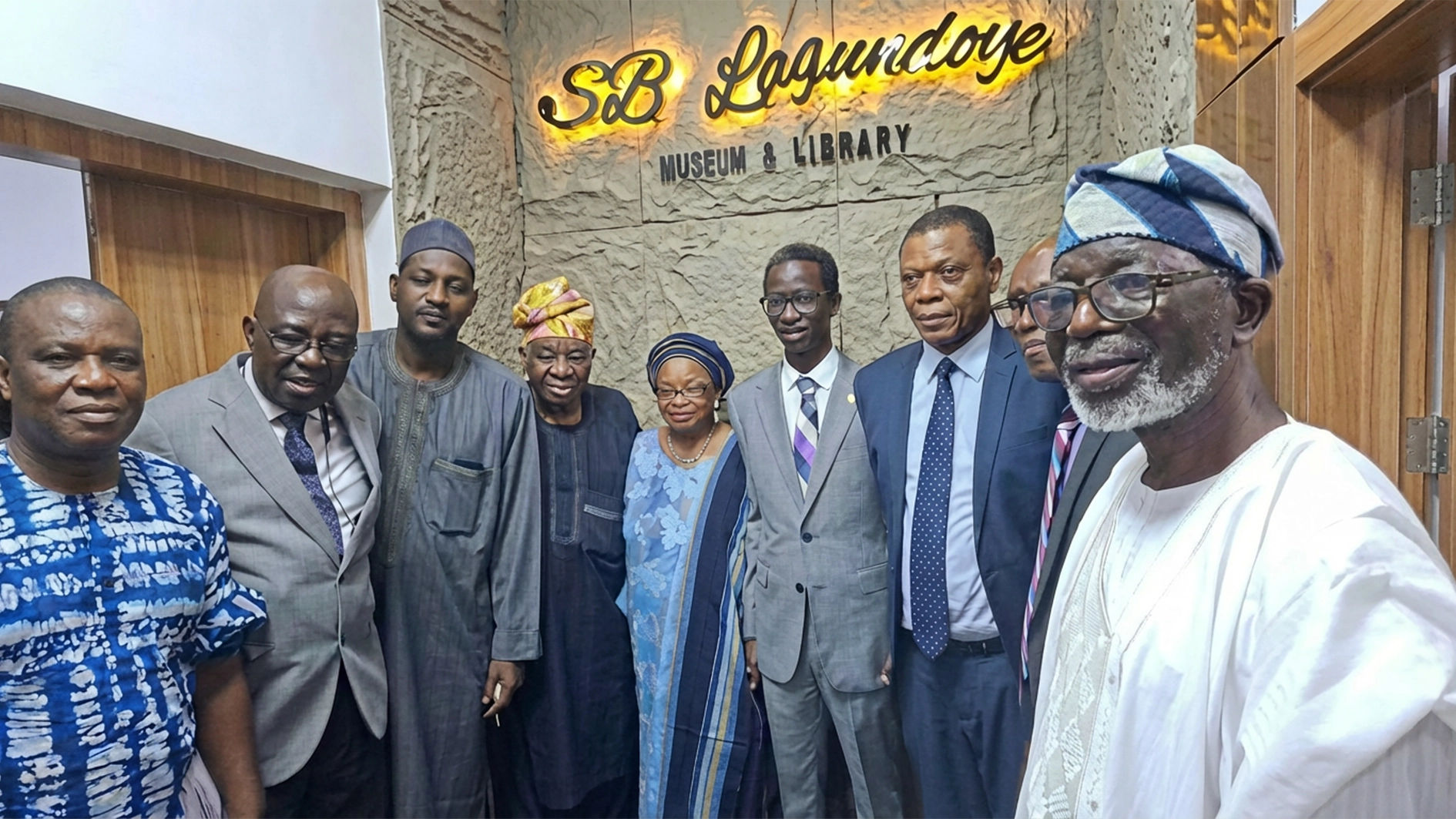Concern over the low participation of women in Nigeria’s digital workforce resurfaced yesterday in Lagos as the Hopesalive Initiative for Africa (HAI), supported by the French Embassy, presented 60 young women who completed a four-month foundational technology training programme drawn from underserved communities.
Organisers said the effort was driven by widening gender disparities in the digital economy, citing data suggesting that only about 34 per cent of Nigerian women regularly interact with digital tools. They argued that the gap limits employability, access to decent work and competitiveness at a time when organisations increasingly demand digital literacy.
Speaking at the Ladies in Tech Conference, Deputy Convener of HAI, Amb. Dr. Olori Temitope Enitan-Ogunwusi, said the programme focused on girls with no prior exposure to computers. She noted that participants were selected through local community networks rather than open online applications, as many lacked access to devices and internet connectivity. According to her, the training aimed to broaden career options and challenge persistent stereotypes that confine girls to domestic responsibilities.
The four-month programme, organisers explained, ran daily with intensive sessions introducing participants to basic software tools, online communication, and digital research. Many of the girls handled laptops for the first time. Ogunwusi stressed that mindset remains a barrier, urging parents to support girls who are interested in technology careers rather than confining them to predefined roles.
Project Manager and Head of Programmes at HAI, Mr. Akapo Olusegun, said the organisation partnered with community leaders across 11 localities to identify girls most likely to benefit. He explained that mentorship, career workshops, and an alumni tracking system have been developed to monitor progress after graduation. He acknowledged gaps in access to devices, revealing that some trainees worked late into the evening to complete assignments because they had no computers at home. To address sustainability, HAI said it is exploring collaborations with local governments and private sector partners to establish digital hubs equipped with shared laptops and internet connectivity.
Delivering a keynote address, Managing Director/CEO of Parthian Capital Limited, Mrs. Ndidi Ukaonu, told the girls that work remains central to human identity, self-esteem and community. According to her, structured career paths offer affirmation, mentorship and networks that define long-term growth. She noted that individuals often feel unfulfilled even after achieving professional milestones because “there is a seed in every person that requires expression.” Ukaonu referenced Maslow’s hierarchy of needs, arguing that true fulfilment lies in self-transcendence, when one’s life “counts for others.”
She cautioned participants to look beyond monetary compensation, describing skills, relationships, mentorship and organisational exposure as defining assets that shape their future. “Who do you really work for?” she asked, urging them to view employment as an investment in themselves.
The cohort’s graduation and project exhibition are scheduled for Friday. Organisers maintained that community-based interventions remain crucial to improving digital literacy in low-income areas, particularly as technology increasingly shapes job prospects in Nigeria’s urban centres. They added that policy incentives, public-private partnerships and affordable financing for digital devices will be essential to sustaining gains and narrowing the gender gap in the years ahead.






